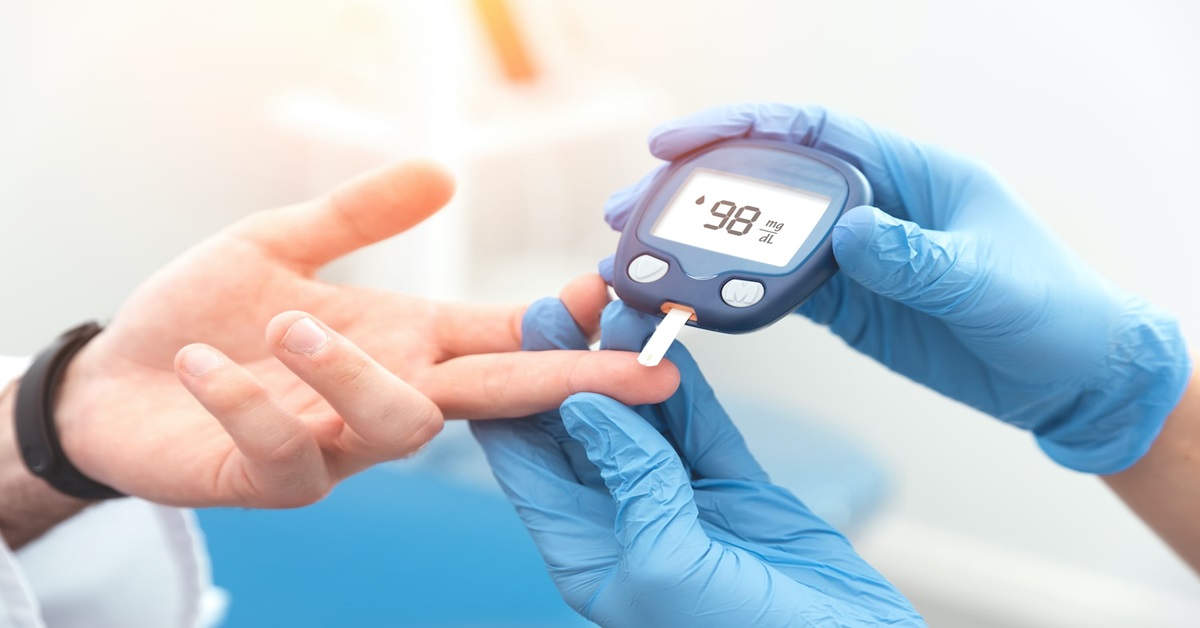Viagra, a popular medication for erectile dysfunction (ED), has proven to be a lifesaver for many men. However, for diabetic patients, the question arises: how much Viagra is safe? Understanding the relationship between Viagra and diabetes, and determining the appropriate dosage, is crucial for ensuring both effectiveness and safety.
Understanding Erectile Dysfunction and Diabetes
Erectile dysfunction is a common complication among men with diabetes. Diabetes can damage blood vessels and nerves, which are essential for achieving and maintaining an erection. As a result, men with diabetes are three times more likely to develop ED than those without the condition.
How Viagra Works
Viagra, or sildenafil citrate, belongs to a class of drugs known as phosphodiesterase type 5 (PDE5) inhibitors. It works by relaxing the blood vessels, increasing blood flow to the penis, and helping to achieve and maintain an erection. For diabetic patients, this can be particularly beneficial, as improved blood flow can counteract the vascular damage caused by diabetes.
Recommended Dosage for Diabetic Patients
The standard starting dose of Viagra is 50 mg, but it can vary based on individual needs and medical conditions. For diabetic patients, it is essential to consult a healthcare provider before starting Viagra. They can recommend a safe dosage based on factors such as the severity of ED, other medications being taken, and overall health.
Starting Dosage
Most healthcare providers suggest starting with a lower dose, such as 25 mg, for diabetic patients. This conservative approach helps to minimize potential side effects and allows the body to adjust to the medication.
Adjusting the Dosage
Depending on the response and tolerance, the dosage may be adjusted. If the initial dose is not effective, the healthcare provider may increase it to 50 mg or even 100 mg. However, it is crucial to follow the provider’s recommendations and not exceed the prescribed dose to avoid adverse effects.
Safety Considerations for Diabetic Patients
Monitoring Blood Sugar Levels
Viagra can interact with other medications and affect blood sugar levels. Diabetic patients should monitor their blood sugar regularly and report any significant changes to their healthcare provider.
Potential Side Effects
Common side effects of Viagra include headaches, flushing, indigestion, nasal congestion, and dizziness. Diabetic patients may be more susceptible to these side effects. Severe side effects, such as sudden vision loss or hearing problems, require immediate medical attention.
Interaction with Other Medications
Diabetic patients often take multiple medications, including insulin or oral hypoglycemic agents. It is essential to inform the healthcare provider about all medications being taken to avoid potential interactions. For instance, nitrates, commonly prescribed for heart conditions, can interact dangerously with Viagra, leading to a significant drop in blood pressure.
Lifestyle Changes to Enhance Effectiveness
While Viagra can be highly effective, incorporating lifestyle changes can enhance its benefits and improve overall health.
Healthy Diet
A balanced diet rich in fruits, vegetables, whole grains, and lean proteins can help manage diabetes and improve vascular health, making Viagra more effective.
Regular Exercise
Regular physical activity can improve blood circulation, reduce stress, and enhance erectile function. Aim for at least 150 minutes of moderate-intensity exercise per week.
Weight Management
Maintaining a healthy weight is crucial for managing diabetes and reducing the risk of ED. Weight loss can improve insulin sensitivity and blood flow, enhancing the effectiveness of Viagra.
Smoking Cessation
Smoking can damage blood vessels and worsen ED. Quitting smoking can improve vascular health and overall effectiveness of ED treatments.
Psychological Support
Erectile dysfunction can take a toll on mental health, leading to stress, anxiety, and depression. Seeking psychological support can be beneficial for diabetic patients dealing with ED. Counseling or therapy can help address underlying issues and improve sexual health.
When to Seek Medical Advice
If Viagra is not working as expected or if there are concerns about its safety, it is crucial to seek medical advice. A healthcare provider can evaluate the situation, adjust the dosage, or explore alternative treatments for ED.
Conclusion
Viagra can be a safe and effective treatment for erectile dysfunction in diabetic patients when used correctly. Understanding the appropriate dosage and taking necessary precautions can help manage ED while maintaining overall health. Diabetic patients should always consult their healthcare provider before starting Viagra to ensure it is safe and suitable for their specific condition. By combining medication with healthy lifestyle changes, diabetic patients can improve their sexual health and quality of life.
By following these guidelines, diabetic patients can safely use Viagra to manage erectile dysfunction and enhance their overall well-being.










